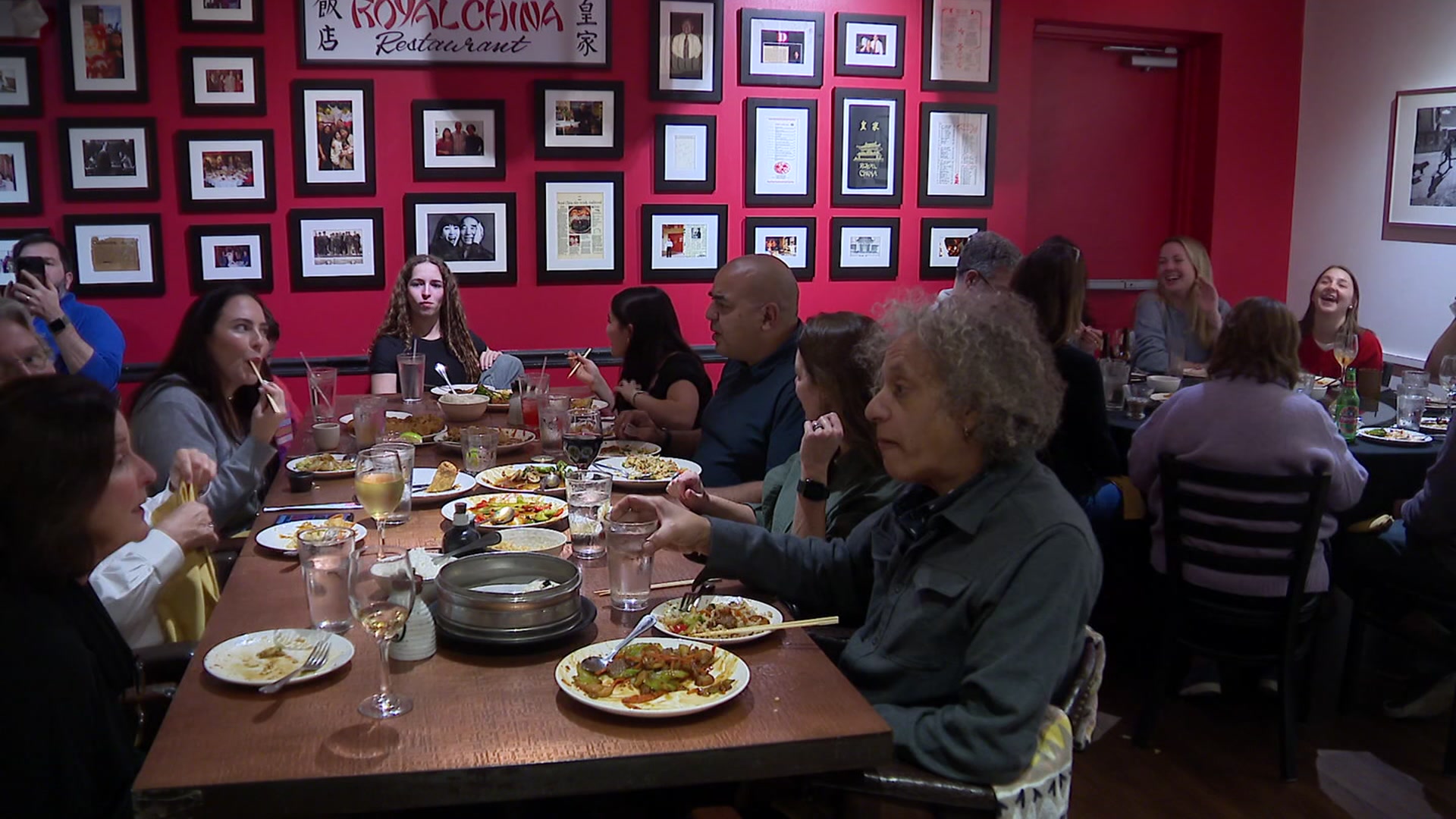The family of a 10-year-old boy killed by two pit bulls is pushing for a statewide ban on the breed.
Justin Clinton was killed in June 2009 near Kilgore in Rusk County, and his family won a $7 million judgment against the dogs' owner in September.
"Justin's Law," the proposed legislation written by Cynthia Kent, the family's attorney, would make owning a pit bull a third-degree felony in Texas. But the proposal does not have any sponsors in the Legislature.
At the time of the settlement, Kent said pit bulls should be banned to protect children.
The Lone Star State American Pit Bull Terrier Club posted an alert urging members to contact lawmakers to oppose such a ban while acknowledging that Justin's Law is unlikely to pass if it is introduced to the Legislature.
Club representative Laura Dapkus, who brings her pit bull Loretta to her Van Alstyne media consulting office every day, says existing laws are sufficient to protect the public from bad dogs.
"Dogs that are kept up -- properly trained, socialized, not left to roam around -- they don’t go around hurting people," she said. "So this incident would never have happened if the dogs had been properly confined."
Local
The latest news from around North Texas.
Dog trainer Michele Crouse, the owner of a Staffordshire bull terrier, said individual dogs of any breed can be aggressive.
"It's all upon the responsibility of the owner and not what dog they have," she said. "It doesn’t matter if they have a 2-pound Chihuahua or a 200-pound mastiff."
The Dallas Society for the Prevention of Cruelty to Animals and the city of Dallas Animal Services both accept pit bulls at their shelters and offer them for adoption after screening.
"We treat every dog coming in here as an individual rather than lumping them in as a specific breed type," said James Bias, SPCA of Texas president.
Scott Walton, interim director of Dallas Animal Services, said about a third of the 20,669 dogs Dallas impounded last year were pit bulls or a variation of the breed.
"They're tough to find a home for because of the bad rap that they've been given," he said. "And so we go through and take a higher level of behavioral screening to make sure they they're a good candidate on our adoption floor."



